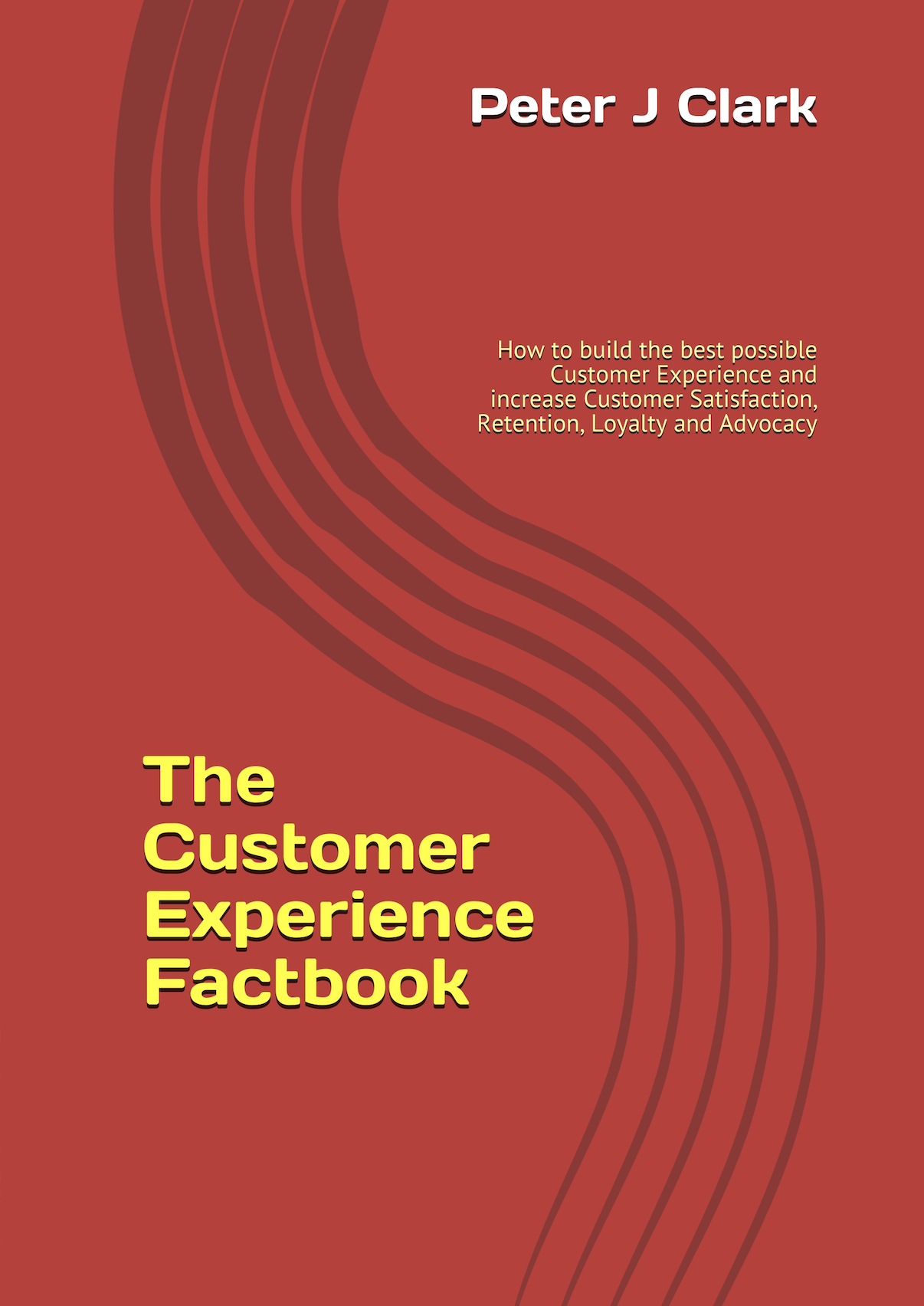Corporate study urges better marketing metrics
In a fast-changing world of consumer technologies, social platforms and communication channels, marketers need to measure a more complex range of factors in order to demonstrate marketing effectiveness, according to research from The Chartered Institute of Marketing (CIM) and Deloitte.
The report, entitled 'Improving Marketing Effectiveness: Leading practices in marketing accountability', investigated ways in which companies currently measure the performance of marketing, concluded that most are measuring what is easy but are not evaluating all metrics effectively.
The survey found that 96% of companies surveyed are measuring customer satisfaction, and 80% are measuring brand health. This at least proves that marketing measurement is generally taking place. However, a question remains over which factors are being measured and whether they are the best benchmarks to use.
Previous research by Deloitte and CIM identified measurement as a key issue for marketing teams who are struggling to articulate the role and value of marketing to their organisation. According to Nick Turner, head of marketing effectiveness at Deloitte, and one of the report's authors, "To improve the effectiveness of marketing, marketers need to measure the metrics that count, not just those that are easy to identify. Where marketers measure effectively, there is a much greater understanding of the value of marketing within the wider organisation, and a better alignment of marketing strategy with corporate strategy."
Customer satisfaction is an example of where measurement does not appear to be giving the full picture. For example, while the majority of companies measure customer satisfaction, only 10% effectively measure the consistency of the customer experience and only 11% measure the cost to serve effectively. In this case, measurement may be showing whether or not customers are satisfied, but it is not accurately evaluating the profitability of that satisfaction, or the brand experience as a whole.
"Digital marketing is a key area where marketers are arguably not making sufficient progress with measurement - only 20% of those surveyed felt that their organisation was doing this 'very effectively'," said Thomas Brown, head of insights for CIM. "It appears that technology is a limiting factor, with only 10% strongly agreeing that the technology requirements to deliver their strategy were clearly understood."
The key recommendation of the research is that there are tangible benefits for marketers who measure more challenging metrics, such as customer experience; these companies had greater alignment between marketing strategy and the organisation's overall corporate strategy and greater overall effectiveness of marketing within their organisations.
"Marketers are clearly undertaking measurement, but the next step is to ensure that the right metrics are being measured and, more crucially, that they are being measured in the right way," Brown concluded. "Improving marketing effectiveness through a more robust approach to accountability will go some way to helping align the activities and dialogues of marketers with business leaders."
Sources: Chartered Institute Of Marketing CIM; Deloitte / The Marketing Factbook.
Copyright © 2010 - 2025 The Marketing Factbook.
Categorised as:
- Customer Experience
- Knowing The Customer
- Marketing Know-How
- Marketing Technology
